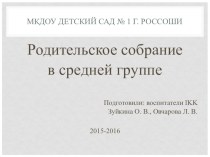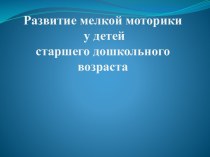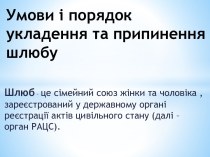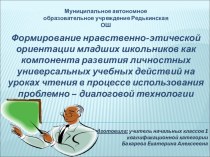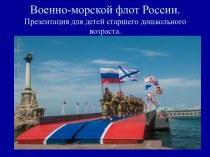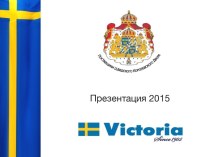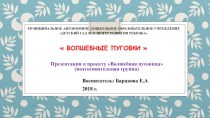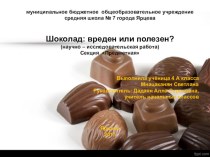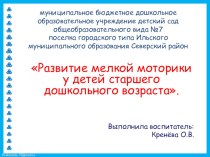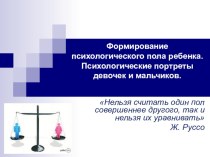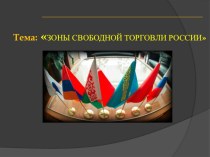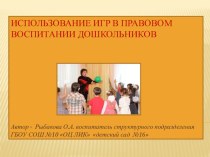- Главная
- Разное
- Бизнес и предпринимательство
- Образование
- Развлечения
- Государство
- Спорт
- Графика
- Культурология
- Еда и кулинария
- Лингвистика
- Религиоведение
- Черчение
- Физкультура
- ИЗО
- Психология
- Социология
- Английский язык
- Астрономия
- Алгебра
- Биология
- География
- Геометрия
- Детские презентации
- Информатика
- История
- Литература
- Маркетинг
- Математика
- Медицина
- Менеджмент
- Музыка
- МХК
- Немецкий язык
- ОБЖ
- Обществознание
- Окружающий мир
- Педагогика
- Русский язык
- Технология
- Физика
- Философия
- Химия
- Шаблоны, картинки для презентаций
- Экология
- Экономика
- Юриспруденция
Что такое findslide.org?
FindSlide.org - это сайт презентаций, докладов, шаблонов в формате PowerPoint.
Обратная связь
Email: Нажмите что бы посмотреть
Презентация на тему Tartu city
Содержание
- 2. Main descriptionTartu, with its population of 98,480
- 3. Historical namesThe ancient Estonian fortress of Tarbatu
- 4. Tartu universityTartu has Tartu is often considered
- 5. Main sightsMost notable are the old Lutheran
- 6. tartu town hallTartu Town Hall (Estonian: Tartu
- 7. Tartu CathedralTartu Cathedral (Estonian: Tartu toomkirik) is
- 8. Botanical Gardens
- 9. Barclay Square
- 10. Скачать презентацию
- 11. Похожие презентации
Main descriptionTartu, with its population of 98,480 (Population Census data from 2011) in an area of 38.8 square kilometres, is the second largest city of Estonia. Tartu, lying 185 kilometres south of Tallinn, is also the
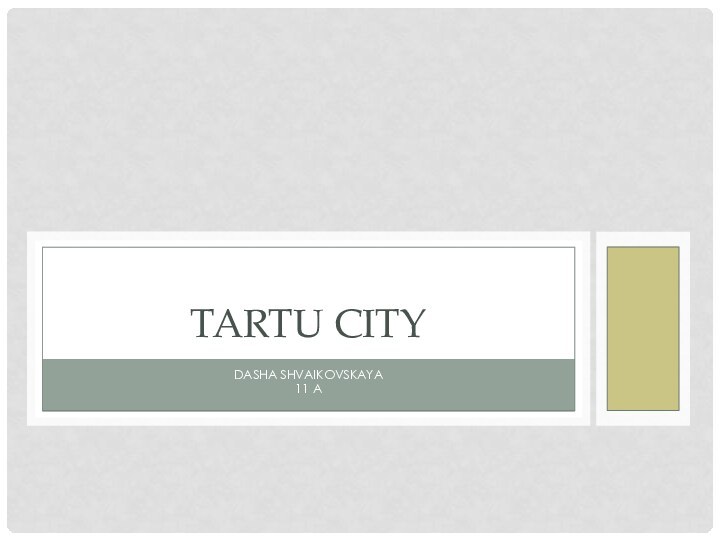
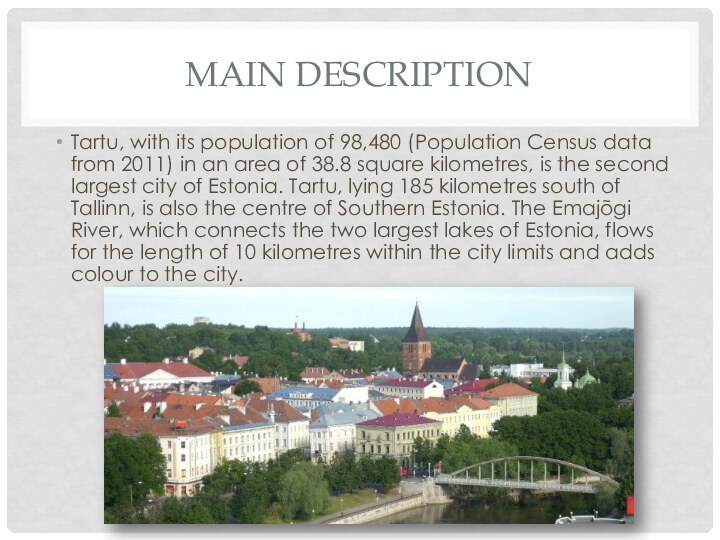
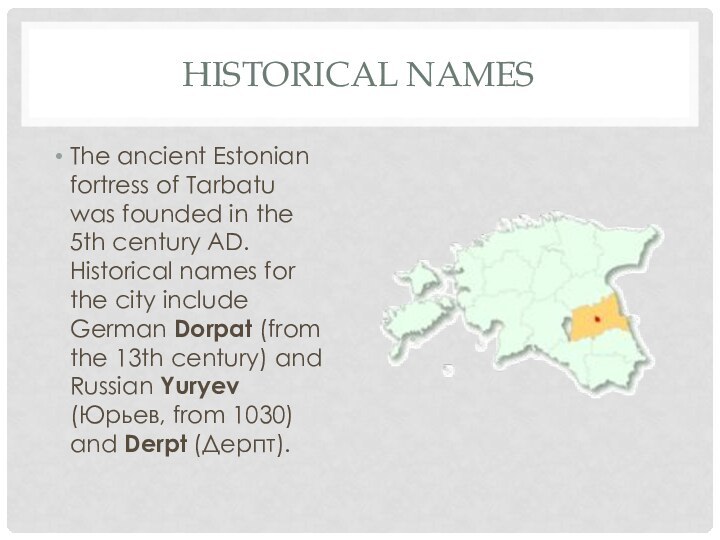
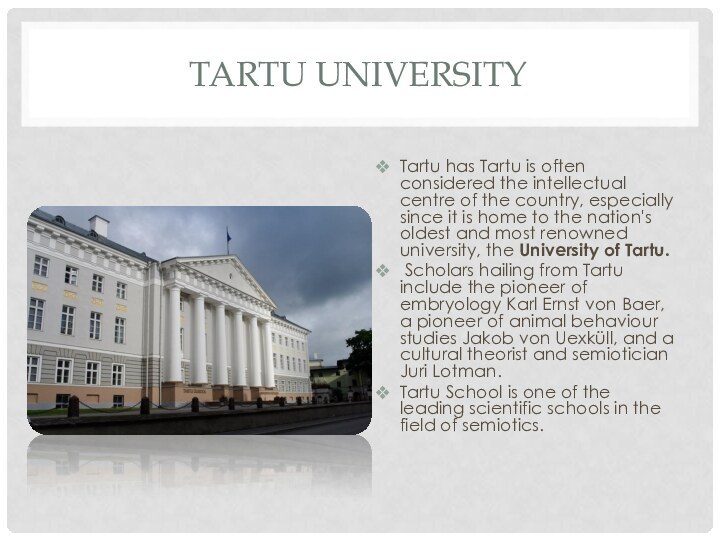
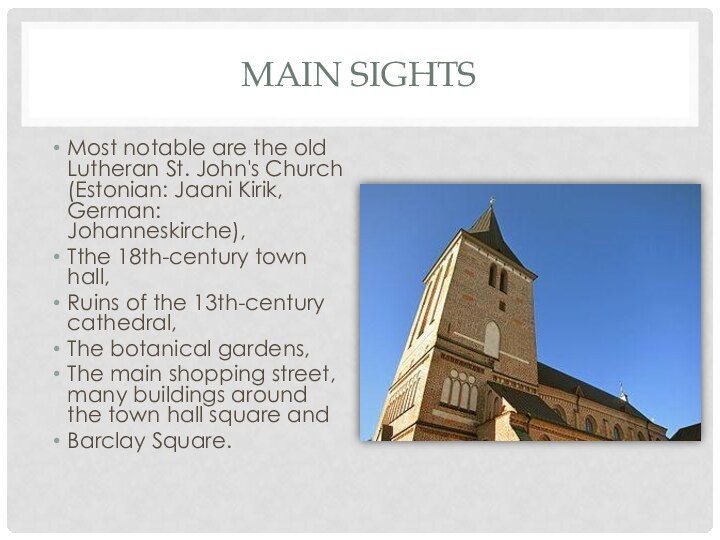
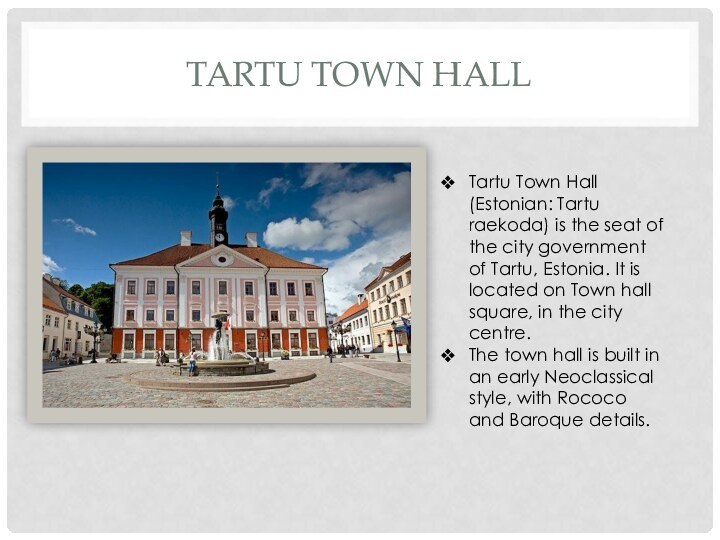
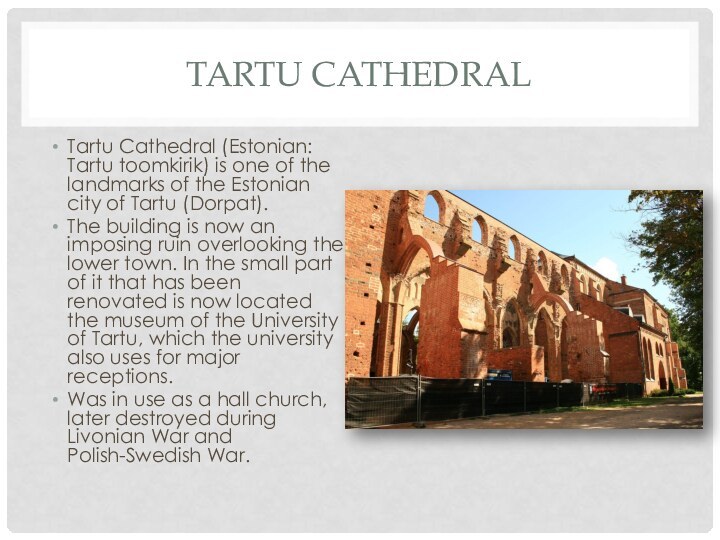

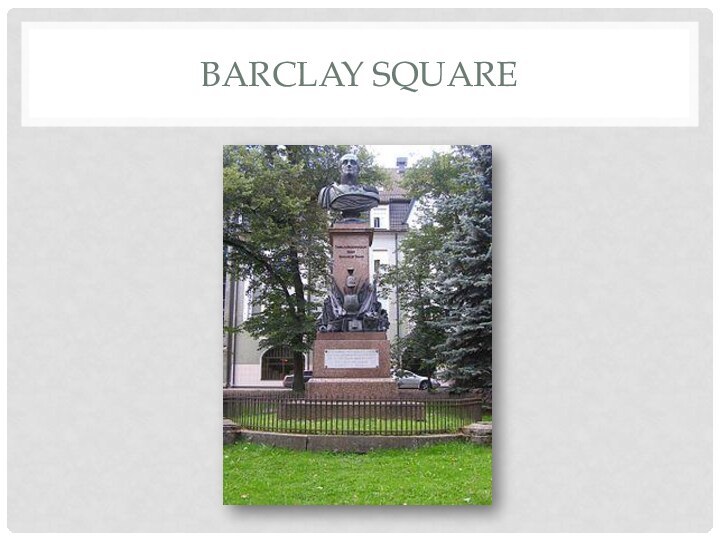
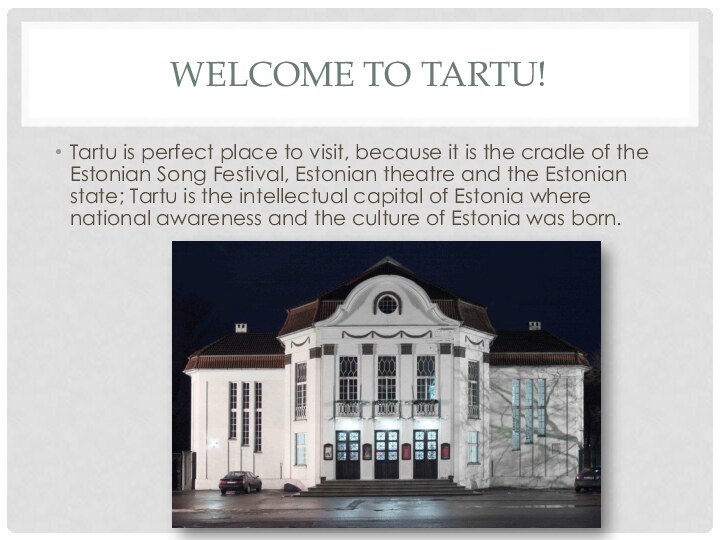
Слайд 3
Historical names
The ancient Estonian fortress of Tarbatu was
founded in the 5th century AD. Historical names for
the city include German Dorpat (from the 13th century) and Russian Yuryev (Юрьев, from 1030) and Derpt (Дерпт).
Слайд 4
Tartu university
Tartu has Tartu is often considered the
intellectual centre of the country, especially since it is
home to the nation's oldest and most renowned university, the University of Tartu.Scholars hailing from Tartu include the pioneer of embryology Karl Ernst von Baer, a pioneer of animal behaviour studies Jakob von Uexküll, and a cultural theorist and semiotician Juri Lotman.
Tartu School is one of the leading scientific schools in the field of semiotics.
Слайд 5
Main sights
Most notable are the old Lutheran St.
John's Church (Estonian: Jaani Kirik, German: Johanneskirche),
Tthe 18th-century
town hall, Ruins of the 13th-century cathedral,
The botanical gardens,
The main shopping street, many buildings around the town hall square and
Barclay Square.
Слайд 6
tartu town hall
Tartu Town Hall (Estonian: Tartu raekoda)
is the seat of the city government of Tartu,
Estonia. It is located on Town hall square, in the city centre.The town hall is built in an early Neoclassical style, with Rococo and Baroque details.
Слайд 7
Tartu Cathedral
Tartu Cathedral (Estonian: Tartu toomkirik) is one
of the landmarks of the Estonian city of Tartu
(Dorpat).The building is now an imposing ruin overlooking the lower town. In the small part of it that has been renovated is now located the museum of the University of Tartu, which the university also uses for major receptions.
Was in use as a hall church, later destroyed during Livonian War and Polish-Swedish War.
